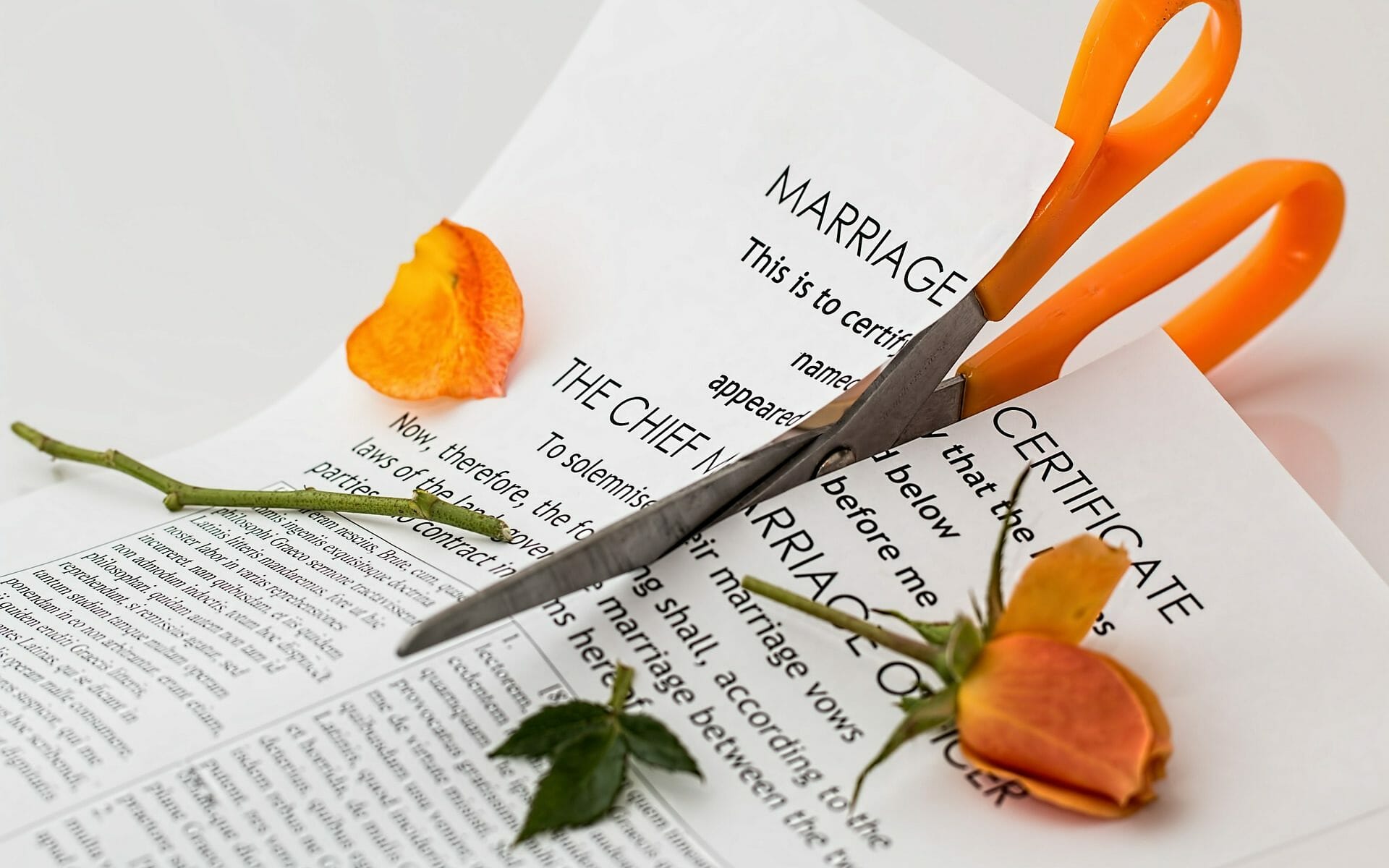Your marital relationship is over, but what about your relationship with your in-laws, their relationship with your children, or even your relationship with your ex-spouse’s new lover? What is healthy and appropriate? Since no one has written the new rules and codes of social conduct for relationships engendered by divorce, we asked some experts to share their insights with us.
Everyone knows at least one divorce horror story, but we seldom hear about people who have established friendly post-divorce associations with each other. “Did you hear that Hugh and Liz are getting along well these days?” just isn’t news. Armed with their version of divorce hell, the skeptics tell us it’s impossible for a divorced couple to make peace and become friends. They outtalk the quiet and peaceful believers — perhaps because people who are doing just fine don’t feel the need to vent. “If every divorce were a ‘War of the Roses’, there would be blood on the streets!” points out Barbara Quick, author of Still Friends: Living Happily Ever After…Even if your Marriage Falls Apart.
Luckily, it’s never too late to make peace. With determination and good intentions, you can overcome the anger, grief, and sadness of losing a marriage and eventually — believe it or not — achieve friendship. Whether or not you want to be “friends” with your ex is a decision in itself, but if you have children together, finding a way to be amicable with your co-parent makes life a lot easier. Your former in-laws don’t have to disappear with the marriage either, especially if you’ve always enjoyed a good relationship with them. Unfortunately there’s no rule book for cultivating civility with your ex-spouse, your former in-laws, or even your ex’s new spouse — so we asked several experts — including people who have managed to create friendly post-divorce relationships — for some guidance. Here’s what they had to say:
Ex-spouse, New Friend?
When the divorce process has pitted you and your spouse against each other, training you to view each other as enemies, any form of future alliance can seem impossible. But if you have children, your ex-spouse is still your co-parent. “It’s difficult for separated partners to remain productive co-parents when the legal process is making them enemies,” says Lillian Messinger, a Toronto marriage counselor who specializes in post-divorce relationships. It takes a lot of maturity to make amends with the person who has torn apart your life, or who has been a monster in court. But just as it takes two to determine the marriage dynamic, it takes two to make a good — or bad — divorce. Quick emphasizes that “every couple has their own relationship dance. All you have to do is change your part in the dance.” If you change your behavior, your relationship will change, too.
Mark and Sara (not their real names) were married for 12 years, and have now been divorced for three. “The first couple years of our marriage was pretty good, but it went downhill rapidly,” says Sara. “For the last six years, we communicated in snarls, or through our son, Peter. A friend encouraged us to try mediation, and during the process we started to really talk for the first time in years. The mediator encouraged us to remember what we used to like about each other as we established our co-parenting relationship, and how to listen and ‘mine for the gold’ in what we said to each other.” Both Sara and Mark report that their relationship is better post-divorce than it ever was when they were married. “We are much better as friends than as a couple,” says Mark. “Some of the things that really bug you in a spouse just don’t matter in a friend. For Peter’s sake, we were committed to working on our co-parenting relationship, and the happy side-effect is that we really like each other these days — which wasn’t the case during our marriage.”
However well or poorly you knew your former spouse, this will be an exercise in re-acquaintance. Forming a relationship with your ex is entirely separate from the process of ending a marriage; if you work through the process to achieve your “emotional divorce,” you can cultivate something entirely new. Your old relationship is over; take the steps to heal so that you can invest your energy elsewhere.
Grieving the death of a marriage is like mourning any other loss: it hurts a lot, and you get through it minute by minute. The trick is to stay on the path to recovery, not stopping at the first challenge. In her research for Still Friends, Quick found that a pattern emerged among those who had successfully recovered from divorce. The process that begins with anger and grieving eventually leads to healing, forgiveness, and insight. “Acknowledge the stage you’re at, and allow yourself to feel what you’re feeling. Most people get stuck in anger and grieving,” says Quick, adding that “Everyone has a unique healing process. Some people go through it on their hands and knees, spending months at every stage, others go through it at high speed.”
Healing and moving on can take years, but communication with your ex may have to continue both during and after your divorce. If you have children, you will have to discuss the details of their lives. Whether weekly or monthly, these chats are going to develop a personality. They might be draining, dreadful, stressful, infuriating, and frustrating — or they could be just fine.

